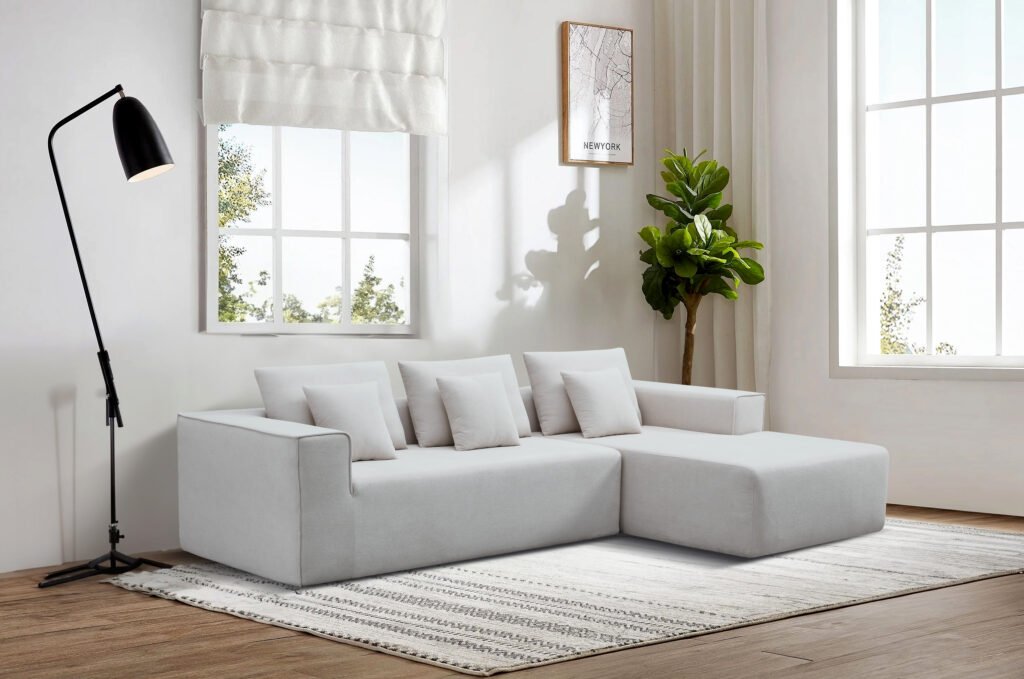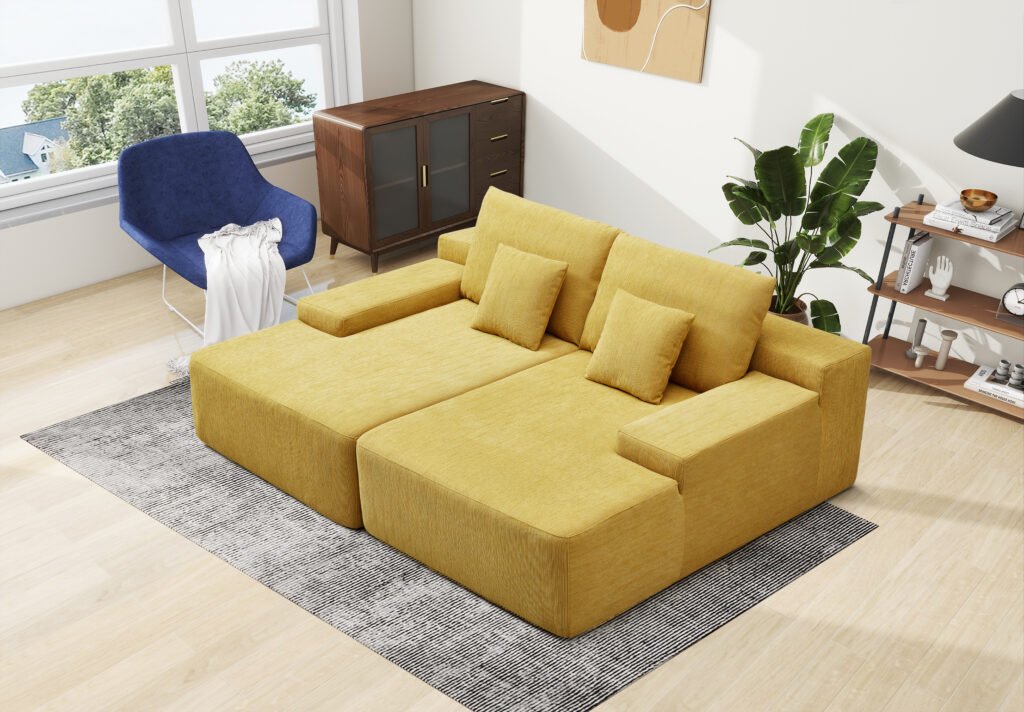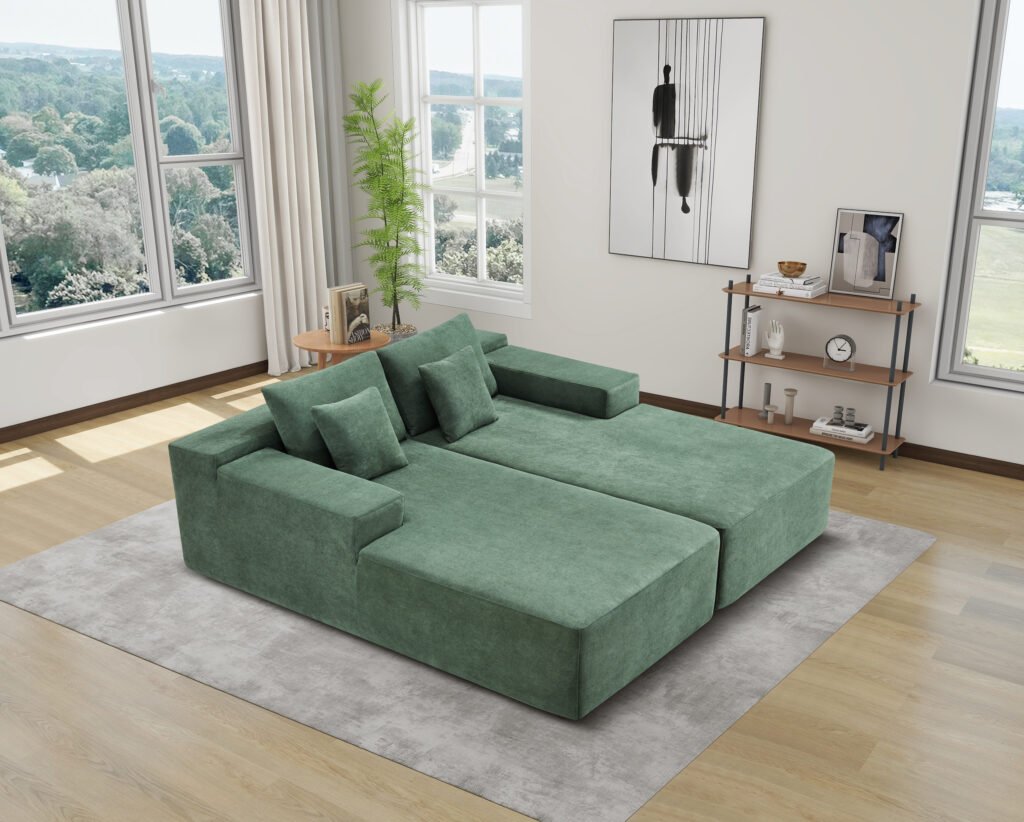
Introduction
In the fiercely competitive B2B furniture market, achieving true brand differentiation goes far beyond price and basic product features. As with the beverage industry’s move toward custom glass liquor bottles to stand out on crowded shelves, furniture brands are increasingly turning to custom compress sofas to carve out unique identities, capture new market segments, and build lasting client loyalty. This article explores why custom compress sofas are indispensable for differentiated brand positioning, how they empower B2B brands to respond to evolving client demands, and what strategies can maximize their impact in 2025 and beyond.
The Power of Customization in B2B Furniture
1. Tailored Solutions for Diverse Projects
Custom compress sofas allow brands to offer tailored solutions that address the precise needs of commercial clients, property developers, hospitality groups, and e-commerce platforms. Whether it’s a unique dimension for a boutique hotel, a specific fabric for a corporate client, or modularity for co-living developments, customization ensures your brand is seen as a partner—not just a supplier.


2. Enhanced Brand Recognition and Recall
Just as custom liquor bottles reinforce a brand’s visual identity and market presence, custom compress sofas can be designed with signature silhouettes, exclusive fabrics, branded tags, or even packaging that features your logo and story. This visual and tactile differentiation increases recognition and recall among B2B buyers and end-users alike.
Meeting Evolving Market Demands
1. Responding to Sustainability and ESG Priorities
B2B buyers are increasingly prioritizing eco-friendly materials, recyclable packaging, and supply chain transparency2. Customization enables brands to integrate sustainable fabrics, FSC-certified wood, or biodegradable foam, aligning with corporate ESG goals and regulatory requirements.
2. Flexibility for Rapidly Changing Spaces
Modern commercial environments—from flexible offices to pop-up retail and hospitality venues—demand furniture that adapts to evolving layouts. Custom compress sofas, with modular and reconfigurable options, allow brands to meet these needs and position themselves as innovative solution providers.


Value-Added Differentiation for B2B Clients
1. Premium Perception and Pricing Power
Custom products inherently command higher perceived value. B2B clients are willing to invest more in sofas that reflect their brand ethos, interior design vision, or project requirements. This premium positioning supports stronger margins and long-term partnerships.
2. Exclusive Designs for Market Leadership
Offering exclusive or limited-edition compress sofas helps your brand stand out in a saturated market. B2B clients seeking to differentiate their own offerings—such as boutique hotels or luxury apartments—are drawn to suppliers who can deliver unique, on-brand furniture solutions.
Operational Advantages for B2B Brands
1. Streamlined Supply Chain Integration
Custom compress sofas can be engineered for specific logistics requirements, such as optimized carton sizes for container shipping or packaging that supports direct-to-site delivery. This operational alignment reduces costs, waste, and handling complexity for B2B partners.
2. Enhanced After-Sales Support and Loyalty
By offering custom solutions, brands can provide tailored after-sales support, spare parts, and refurbishment services, deepening client relationships and encouraging repeat business.


Conclusion
Custom compress sofas are no longer a luxury—they are a strategic necessity for B2B furniture brands aiming for differentiated market positioning in 2025 and beyond. By leveraging customization, brands can address client-specific needs, reinforce their visual identity, and unlock new opportunities for growth, loyalty, and premium pricing. In a market where standard products quickly become commodities, custom compress sofas are the key to building a brand that stands out and endures.